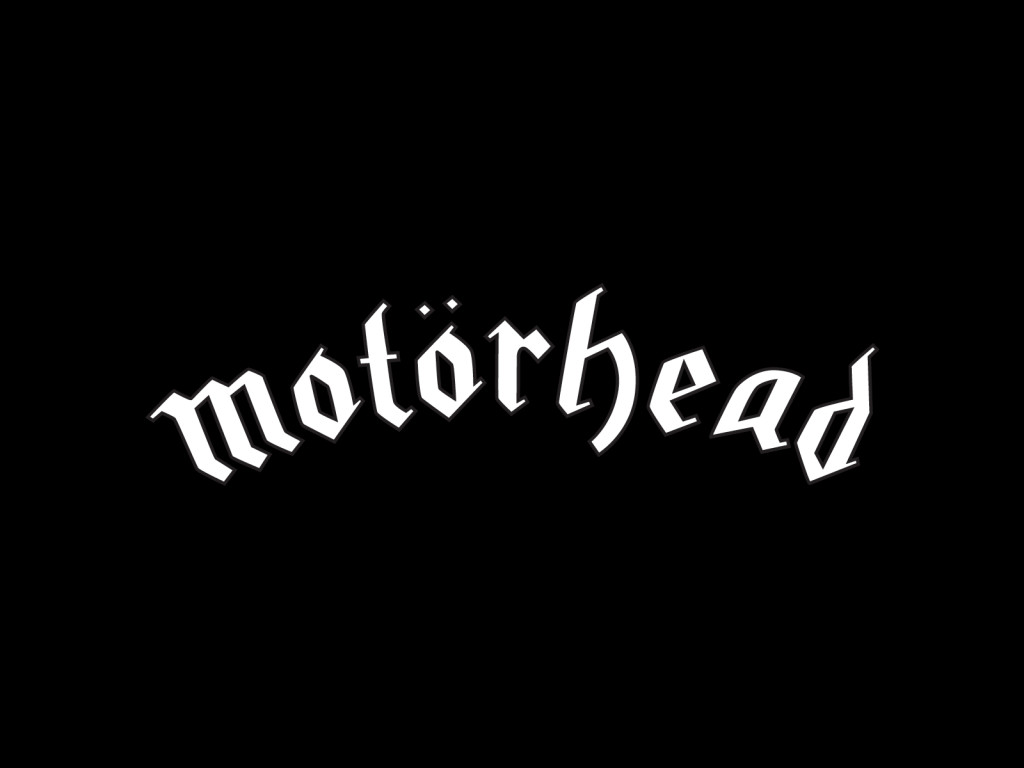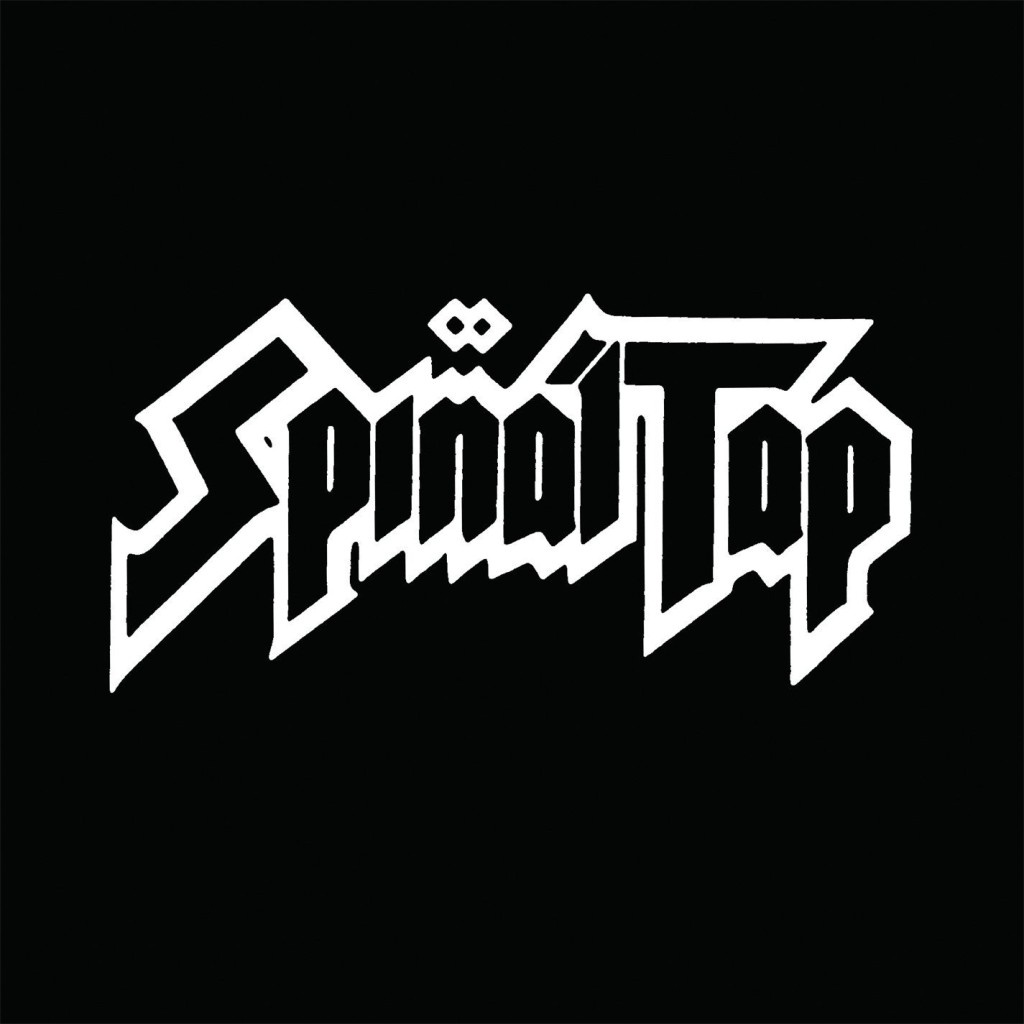
How Motörhead Added the Umlaut to Metal
The umlaut–two dots above an “o,” like this: ö–is a German linguistic invention. The two dots above the “o” signal a chance in the way it is to be pronounced. Specifically, it changes the “o” from a vowel to a semivowel sound. Linguists call this a “vowel mutation.” Umlauts can be used over “a” and “u,” too–which makes the Spinal Tap logo even more silly.

There are, however, plenty of bands who get it right–at least for stylistic reasons.
By the way, Queensrÿche is incorrect. This use of dots is known as a diaresis, which basically means it doesn’t do anything to the sound of the vowel. Besides, “y’s” don’t qualify for umlauts in any language. While we’re on the subject, an umlaut should change the pronunciation of all those listed names. For example, Blue Öyster Cult should be pronounced “Blue Oueyster Cult” and the proper way to say Mötley Crüe is “Murtley Crueue.”
Which brings us to Motörhead (or “Motuerhead,” if you’re going to be pedantic about it). Can we credit Lemmy for introducing the umlaut to metal? Not quite, but he sure had a lot to do with it.
As far as anyone can tell, the first rock performer to appear with an umlaut was Amon Düül, a proggy, proto-krautrock band out of Munich that was formed in 1967. Being German, they had every right to use the umlaut–two of them!–in their name.
The big breakthrough came with Blue Öyster Cult when they formed in 1971. Legend has it that the band’s producer, Sandy Pearlman, was standing outside a Manhattan restaurant that served Blue Point oysters. Pearlman is said to suggest that the new band he was working with should name themselves “Blue Oyster Cult.” Richard Meltzer, a rock writer standing with him said “Sounds good. And put two dots over the ‘O.'” And so it came to pass.
Fast-forward about four years to the demise of a spacey England band called Hawkwind, which featured an antsy bass player named Ian Kilmister–or “Lemmy” to his friends because he was always asking to borrow money (“Lemmy a fiver! I’ll pay you back.). He had a very distinctive bass style and became essential to the Hawkwind sound.
Here’s the Canadian connection. In 1975, Lemmy was arrested when Hawkwind tried to cross from Detroit into Windsor. He was found with a quantity of speed and spent five days in jail but ended up being released without charge. Hawkwind, unimpressed with the growing craziness of their bass player, fired him.
With no intention of getting out of music, Lemmy formed a new band called Bastard, but then his manager took him aside. “Look, mate. You’re never going to get a slot on Top of the Pops with that name. Think of something else.”
After a bit, Lemmy considered using the title of a song he’d had written for Hawkind, a track about the speed used by bikers. That seemed fitting since it was speed that got him bounced from Hawkwind. The song was “Motorhead.”
As for a logo, Lemmy had one of those old Electro-Set decal systems. You picked a font, rubbed the letter you wanted and it transferred to a piece of paper. Lemmy liked the Gothic font, so he started with that. But when he got to the second “o” in “Motorhead,” he realized that he’d already used the one-and-only plain “o” that came with his stencil. There was, however, an “ö” left over, so with no other choice–and too cheap to buy a second stencil–Lemmy scrathed out wrote “Motorhead” as “Motörhead.”
From Rolling Stone: “I pinched the idea off Blue Öyster Cult,” Lemmy said in 2011. “Then Mötley Crüe pinched it off us and it goes on and on.”



The first non-German band to use an umlaut in their name was a Colorado band ‘BÖenzee Cryque’, they were a precursor to Poco; that was around 1964.